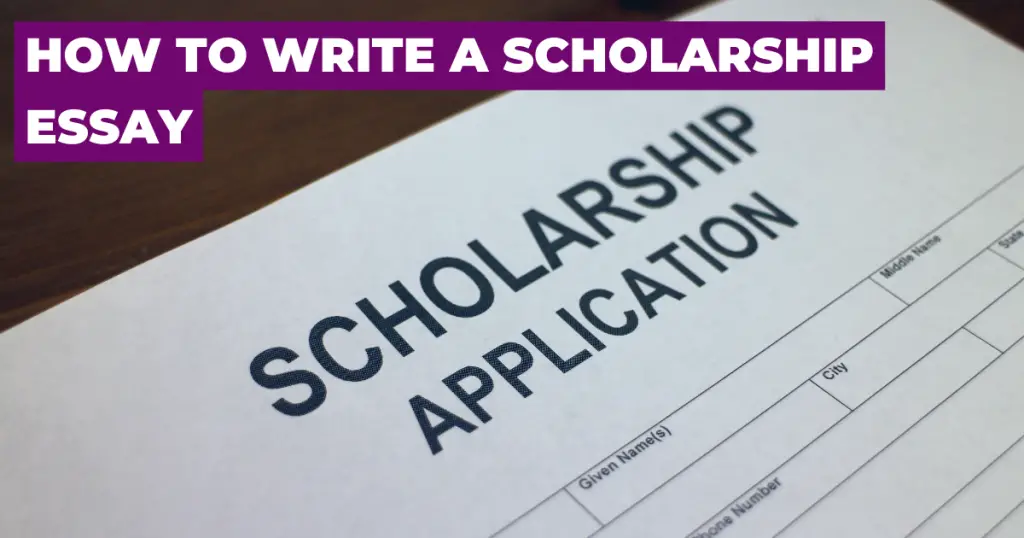How to Write a Standout Scholarship Essay; Writing Essays
It takes rigorous preparation, deliberate execution, and a sincere desire to highlight your special abilities and goals to write a scholarship essay that stands out. The essay offers a window into your character, goals, and distinctive attributes, while your extracurricular involvement and academic accomplishments serve as the cornerstone of your application.
Your scholarship essay is an opportunity to tell the story of your journey and emphasize the experiences that have molded you into the person you are now, not just a list of your achievements.
Steer clear of overly complicated terminology or attempt to sound sophisticated when writing your article. Rather, concentrate on communicating your point in an understandable, succinct, and sincere manner.
1. Recognize the Prompt:
Carefully consider the essay prompt before beginning to write. Determine the main issues or topics they want to cover. Make sure your essay answers the prompt directly and backs up your points with relevant examples and stories.
2. Brainstorm and Organize:
Make a thorough outline and start writing your essay early. Allocate sufficient time for ideation, composition, and editing. Write out any experiences, triumphs, difficulties, or objectives that relate to the essay prompt. Make sure your ideas flow logically by structuring them into a clear framework.
3. Write an Enticing Introduction:
This is your opportunity to draw the reader in and establish the tone for your essay. Start your essay with an intriguing hook that draws the reader in and presents the primary idea of the piece.
4. Show Personal Growth and influence:
Scholarship committees look for people who have shown a dedication to having a positive influence, resilience, and personal growth. Tell stories that demonstrate how you have overcome obstacles, learned from failures, and made a positive impact on your community or a cause you are passionate about.
5. Emphasize Your Academic Success and Goals:
Highlight your extracurricular and academic accomplishments, focusing on how they connect to your objectives and the requirements of the award.
Talk about your achievements, appropriate coursework, GPA, and extracurricular activities that show how committed you are to your studies.
6. Use Detailed Words and Narrative:
Don’t merely recount your events to the reader; instead, use your words to create a picture in their mind. Your experiences will come to life and pique the reader’s interest when you use sensory details, vivid language, and narrative tactics.
7. Show, Don’t Tell:
Rather of just stating your skills and experiences, illustrate them with concrete examples and anecdotes. Remain upbeat and show your appreciation for the chance without coming across as conceited.
8. Know Your Audience:
Recognize the members of the scholarship committee and their priorities. Make sure your essay meets their requirements. Be authentic and write in your own voice as well. Never try to pass for someone you’re not.
9. Make an Outline:
Lay out your essay in a logical and orderly manner. You can communicate your ideas more coherently and clearly if you have an outline.
10. Carefully Proofread and Edit:
After finishing your essay, spend some time carefully proofreading and editing. Look for typos, grammatical mistakes, and stylistic inconsistencies. Make sure your essay is uncluttered, succinct, and clear.
11. Comply with Instructions:
Make sure you follow all the rules and directives that the scholarship program provides. Any prerequisites that you miss or disregard could affect your chances.
12. Seek Professional Advice:
Show your essay to peers, instructors, or mentors you can trust to provide you frank criticism. If you want to increase the overall impact of your essay, be open to comments and make adjustments.
If necessary, think about seeking professional guidance on creating an exceptional scholarship essay from a writing tutor or counselor.













Post Comment